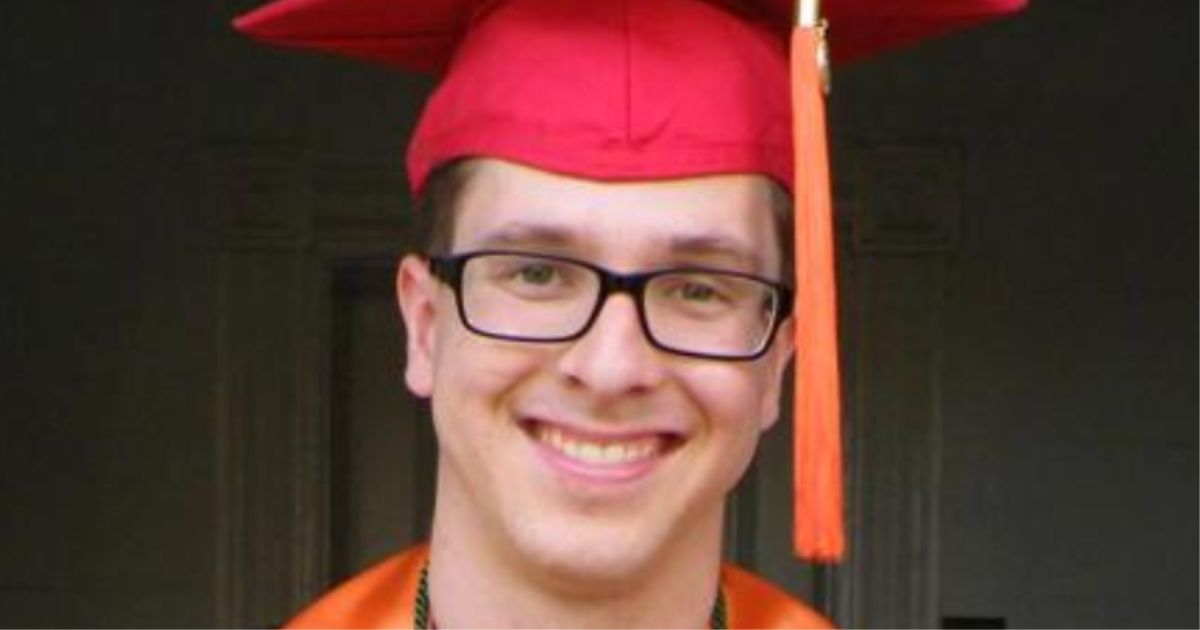Supreme Court’s Student Loan Forgiveness Ruling Could Be Bigger Than Biden’s $400 Billion Bailout
Later this morning, the Biden administration will face off against a number of states and two student debtors at the Supreme Court. They are trying to justifiably cancel approximately $400 billion in student loans. But there is more at stake than the free money the president gave away just before the midterm elections. In the twin cases of Biden v. Nebraska Brown v. Department of Education
The Nebraska Brown The cases involve challenges to the Department of Education’s plan to cancel $10,000 of student loan debt. It was increased to $20,000 to Pell Grant recipients for those making less than $125,000 or married taxpayers who make less than $250,000. The Department of Education had its authority to cancel these loans on the basis of the “HEROES Act” Following the terrorist attacks of 9/11, Congress passed this bill.
HEROES Act
The HEROES Act Grant The Department of Education has the authority “waive or modify any statutory or regulatory provision applicable to the student assistance programs” When the secretary considers it necessary “necessary in connection with a war or other military operation or national emergency…”
Because the HEROES Act defines it “national emergency” Include “a national emergency declared by the President of the United States,” Biden’s administration maintained that its secretary to education can “modify” The regulations propose that student assistance programs cancel student loans.
In Biden v. Nebraska, Six states led by Nebraska’s Republican lawyer general sued the Biden government, claiming that the secretary for education lacked the authority to cancel student loans under the HEROESAct. The plaintiffs in Department of Education v. BrownAlexander Taylor and Myra Brown, who had student loans but weren’t eligible for $20,000 each, sued as well, claiming the secretary to education outstepped his HEROES act authority.
Brown and Taylor also claim that the agency arbitrarily established the program’s parameters. Brown claimed that she was prohibited from participating because her commercial loans are in her possession. Taylor claims the same. Taylor claims that Taylor was wrong to limit him to $10,000 loan forgiveness because he has never received a Pell Grant.
After the Eighth Circuit Court of Appeals, and a Texas federal court, had stopped the Biden administration from cancelling its loan cancellation plan, it was agreed that the Supreme Court would expedite the appeal. Oral arguments will be heard in the cases on Tuesday morning.
Today’s hearing will be the first question of the court concerning “standing,” Or whether the plaintiffs have an “injury” enough to permit them to sue. Importantly, multiple plaintiffs can be sued. Get involved In a case such as the Nebraska For standing to exist in a case, one plaintiff must prove a concrete injury.
In their lawsuit, the six states — Arkansas, Iowa, Kansas, Missouri, Nebraska, and South Carolina — assert a variety of injuries, from Missouri’s lost revenue caused by fewer student loans, to other states’ reductions in tax dollars by virtue of the immediate loan forgiveness that is not taxable now
" Conservative News Daily does not always share or support the views and opinions expressed here; they are just those of the writer."





Now loading...